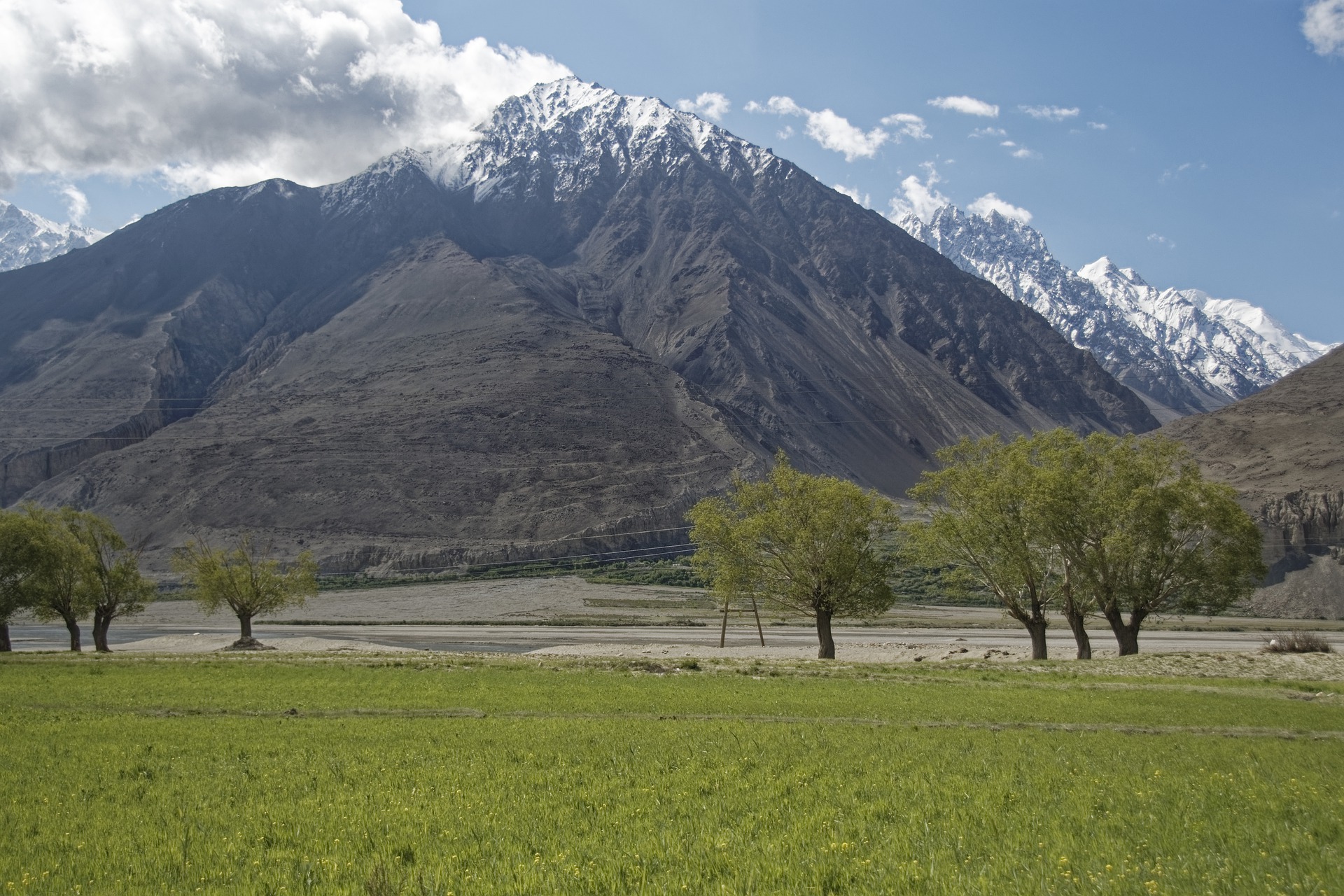Caritas Suisse publishes policy brief on pollinators in Tajikistan
Recently Caritas Suisse published a policy brief titled Weather-Water-Climate Services in Tajikistan, emphasizing the relevance of pollinators and pollination for Tajikistan. The policy brief describes opportunities to support both domesticated and wild pollinators.
Pressure on crops
Tajikistan is a central Asian country that is situated in a mountainous environment. A relatively large part of the population lives in rural areas. The agricultural production is focused on cotton and, more recently, potato. The focus on these crops puts significant pressure on other crops that are important for the nutrition of Tajikistan’s population.
Good pollination is essential for both cotton and potato, as well as the crops that are relevant for the nourishment of the local population. They are also vital for the preservation of biodiversity and the ecological functions that help mitigate the effects of climate change and desertification.

Information and knowledge
Caritas Suisse’s policy brief concludes that for a good support of pollinators it is essential to have more information and knowledge. Information on the status of pollinators, but also on the weather and climate conditions to support decision making and the support of Weather-Water-Climate-Services. Knowledge on the role that natural pollinators play within interlinked agriculture and livestock production systems, and the effects of current agricultural and forestry practices. The policy brief recommends developing a national pollinator strategy and to consider joining Promote Pollinators, the Coalition of the Willing on Pollinators.
Conference
Following the publication of the policy brief Caritas Suisse organised a conference. In the conference participants from local communities, scientific institutes and the government followed presentations considering the global developments on pollinators, and opportunities to enhance small scale production through better pollination. The conference concluded that a pollination strategy could be a good step forward.
